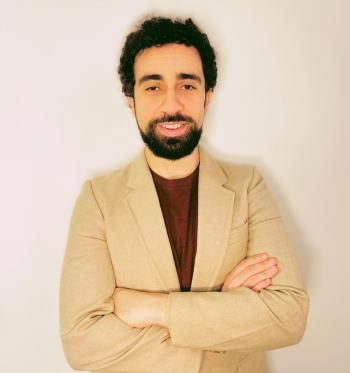Religious Cycles of Government Responsiveness
Religious Cycles of Government Responsiveness
Tuesday, November 15, 202212:00 PM - 1:15 PM (Pacific)
Virtual to Public. Only those with an active Stanford ID with access to E008 in Encina Hall may attend in person.

In many Muslim societies, autocrats expand their distributive policies in the religious season of Ramadan. Why do autocrats distribute in Ramadan? And, who do they target?
Focusing on Egypt (2014-2020), this paper argues that the regime distributes in Ramadan to contain political threats to its survival by co-opting areas where such threats are more credible. This strategy addresses rising political pressures during the season while signaling the regime's competency and goodness by capitalizing on the month's religious norms. I test this argument using an original municipality-level dataset of government-reported provision of economic benefits.
The findings show that the government reports more economic distribution in places where political threats are higher: more socioeconomically developed, more contentious, and more affected by unpopular austerity measures. Using survey data, I also find that distribution in Ramadan translates into reputational gains for the regime, particularly among its critics. The conclusions suggest that autocrats might adopt multiple targeting strategies to respond to different threats to their survival, sometimes rewarding threatening groups to buy their acquiescence.
ABOUT THE SPEAKER

Mohamed’s research focuses on the role of religion in political and economic development, with a special focus on the Middle East and the Muslim World. He utilizes a diverse set of tools for data collection and rigorous analysis. His work received several awards, including APSA 2022 Weber Best Conference Paper Award and MPSA 2019 Kellogg/Notre Dame Award for Best Paper in Comparative Politics.
Virtual to Public. Only those with an active Stanford ID with access to E008 in Encina Hall may attend in person.
